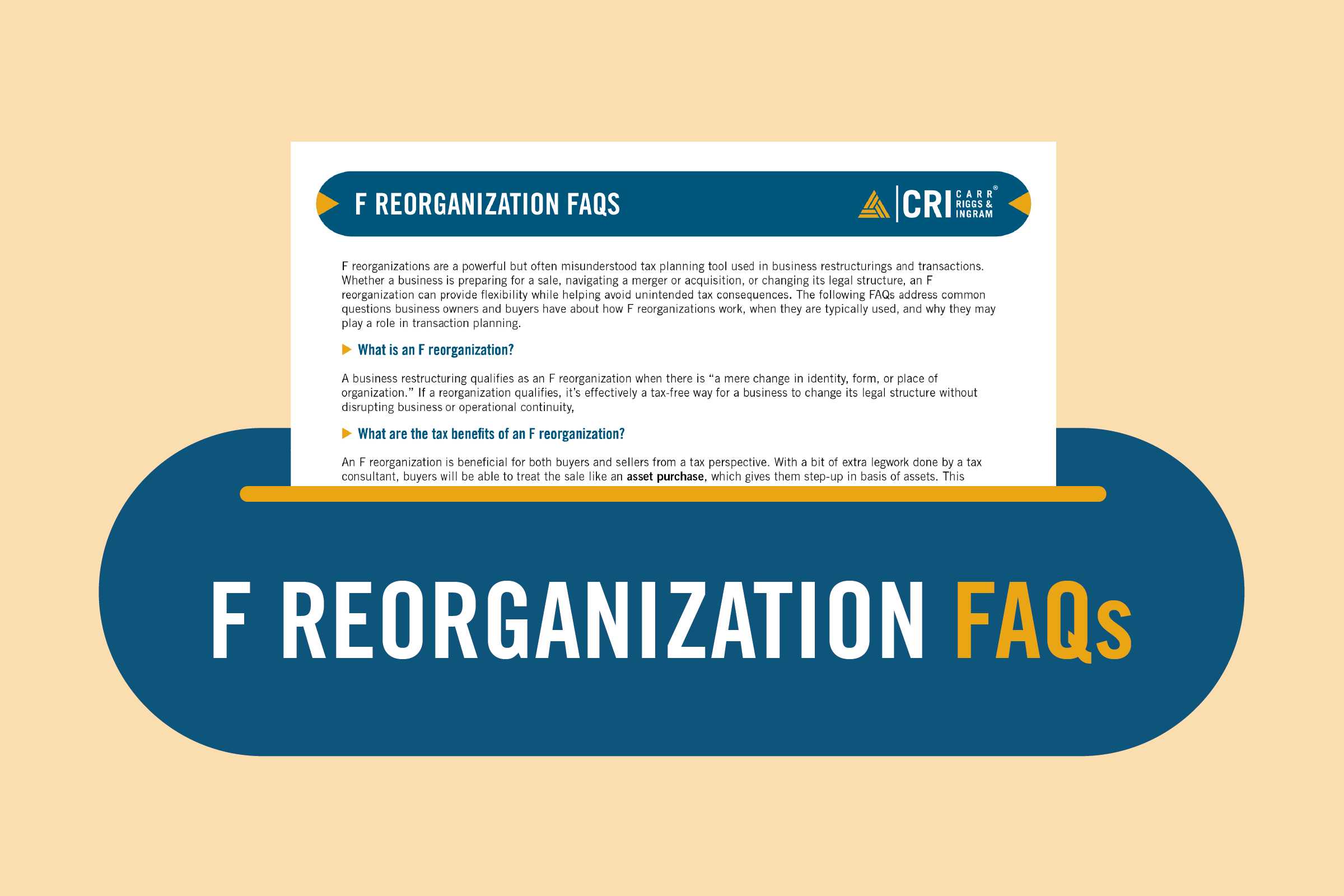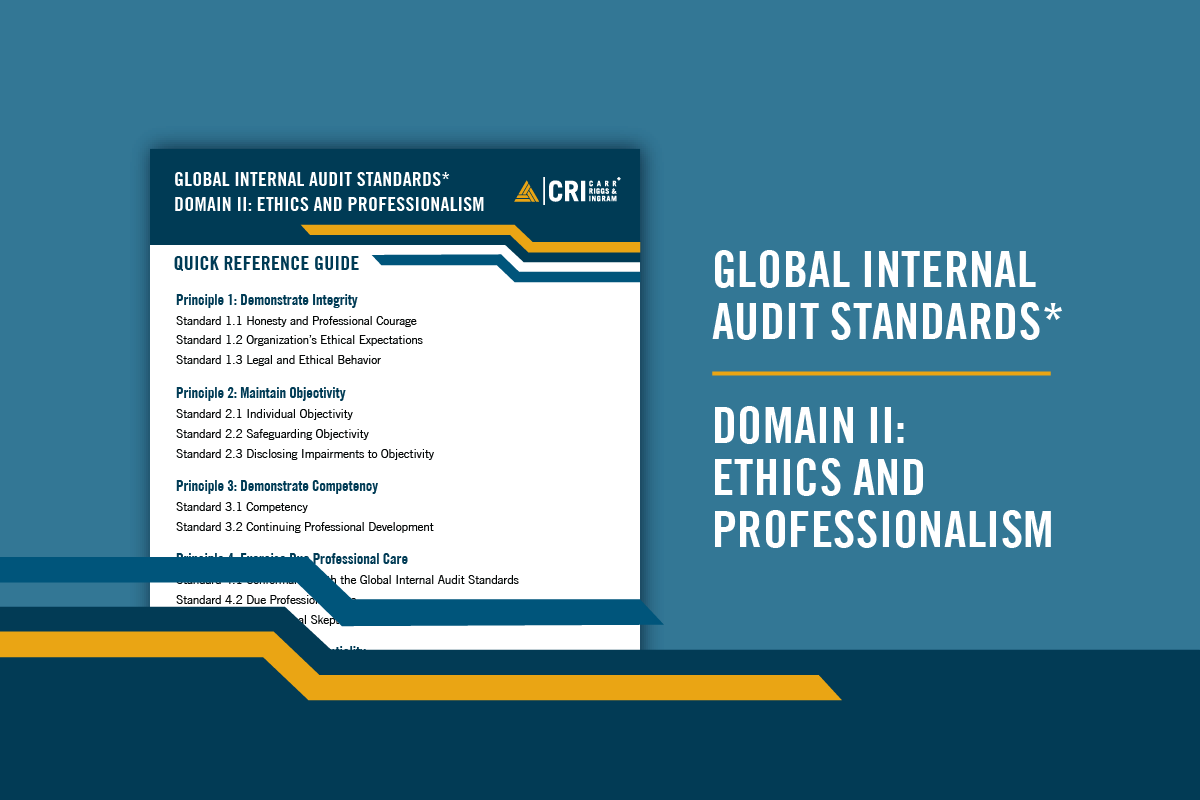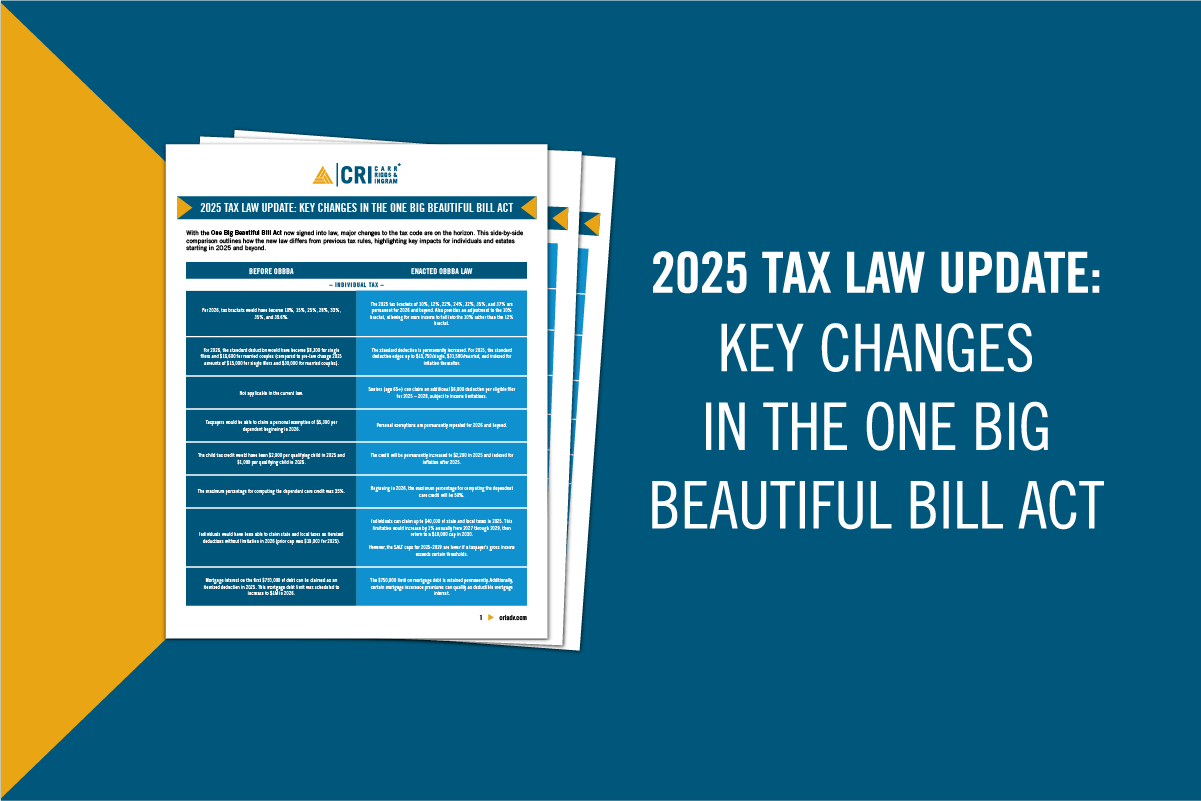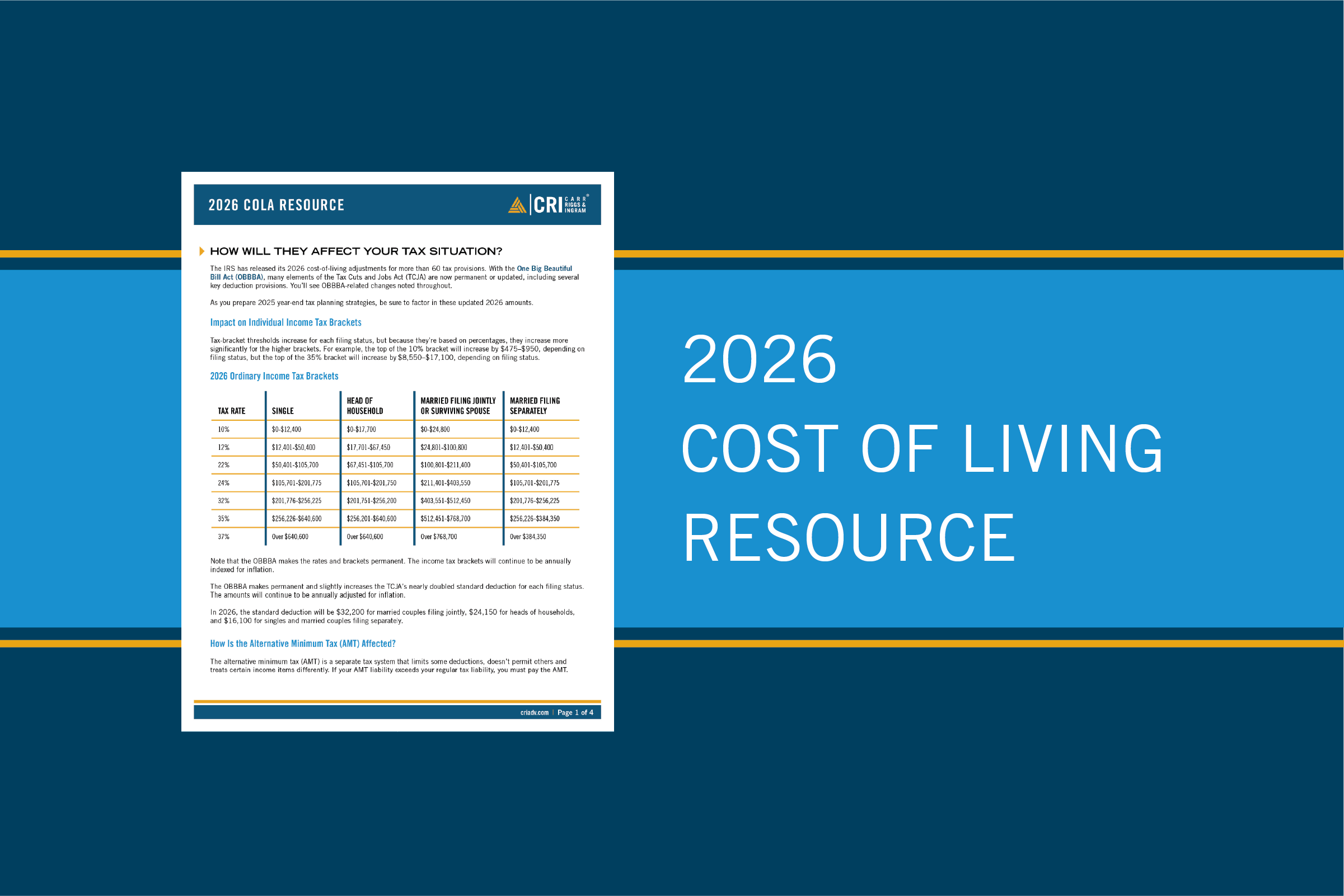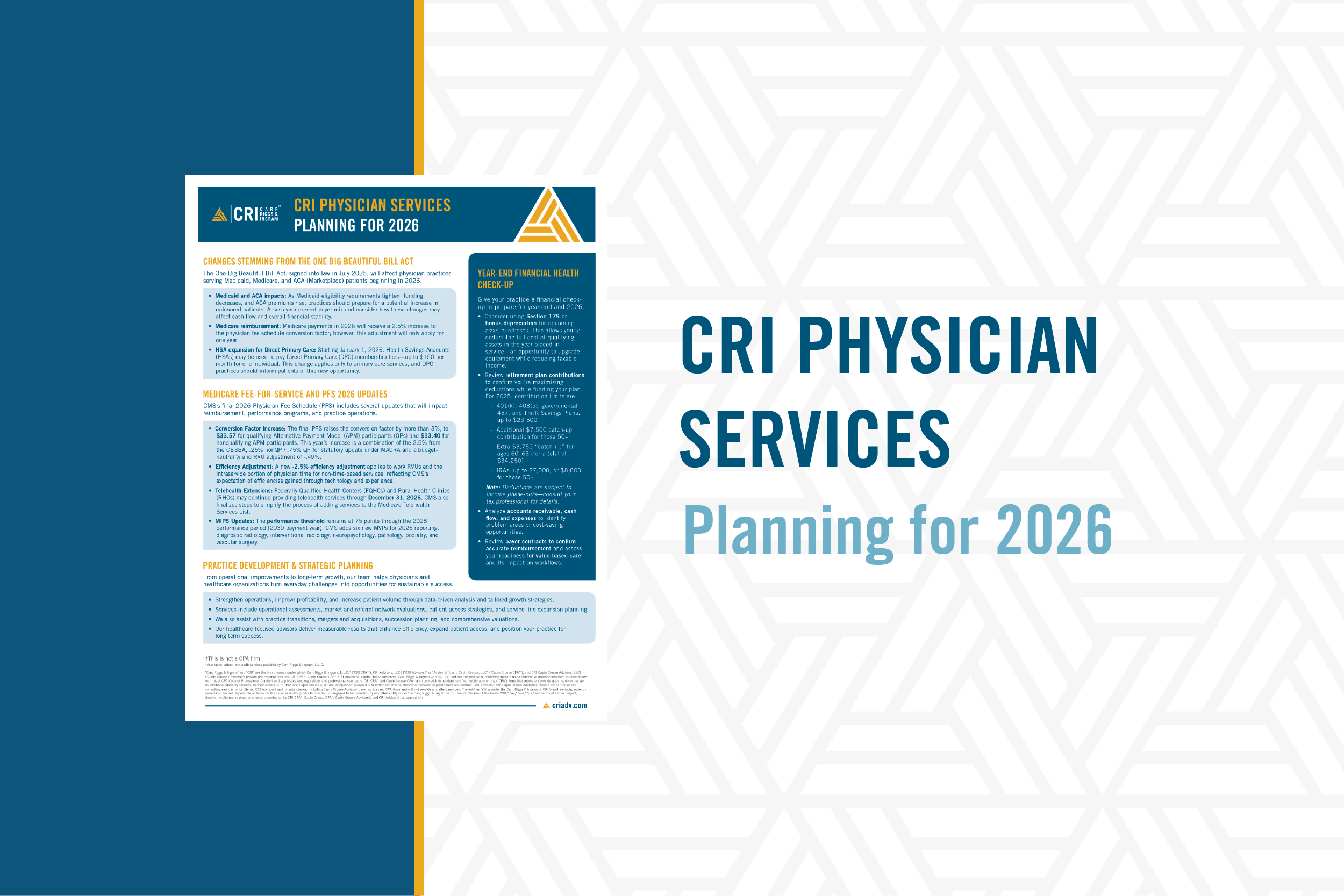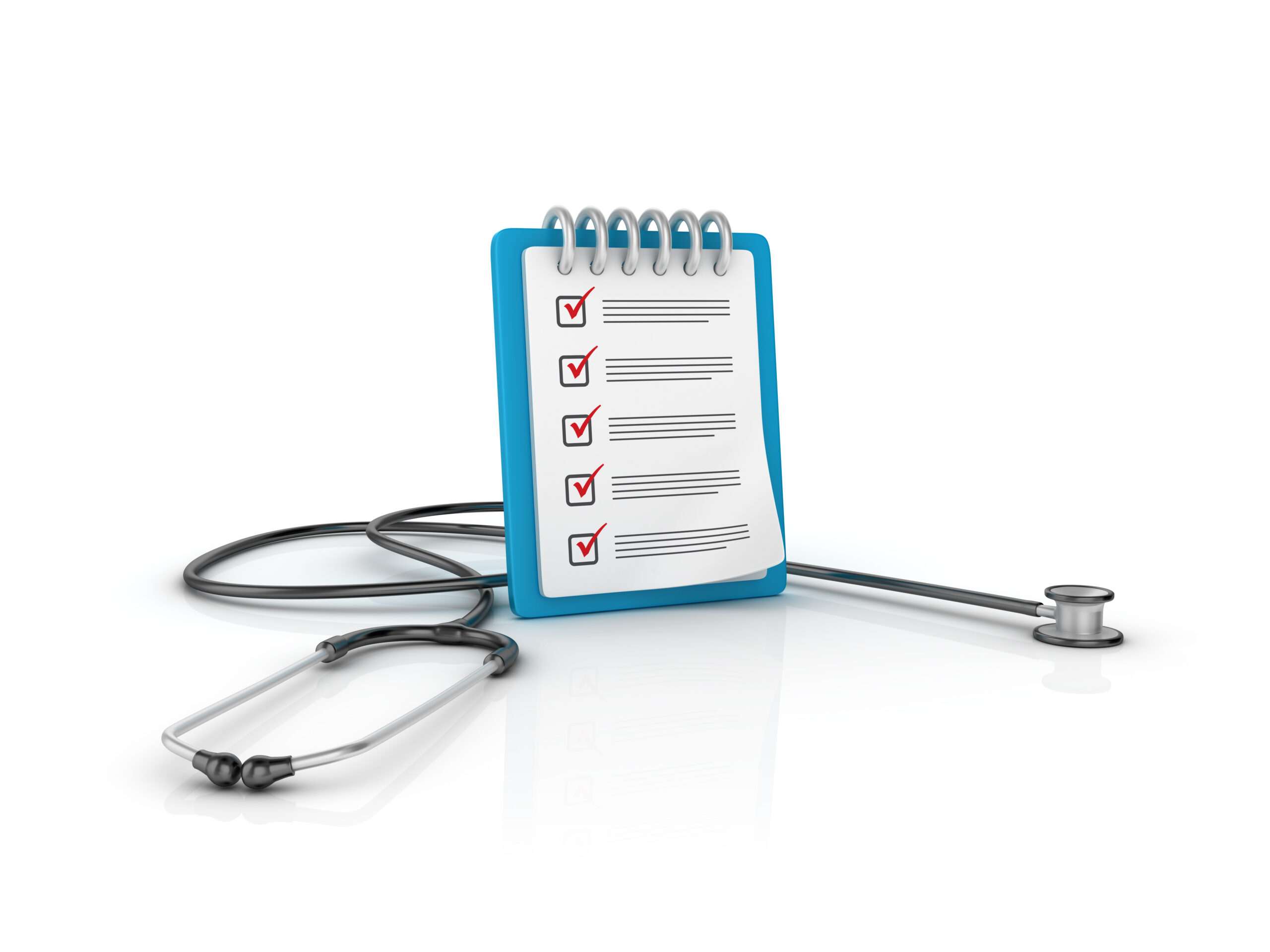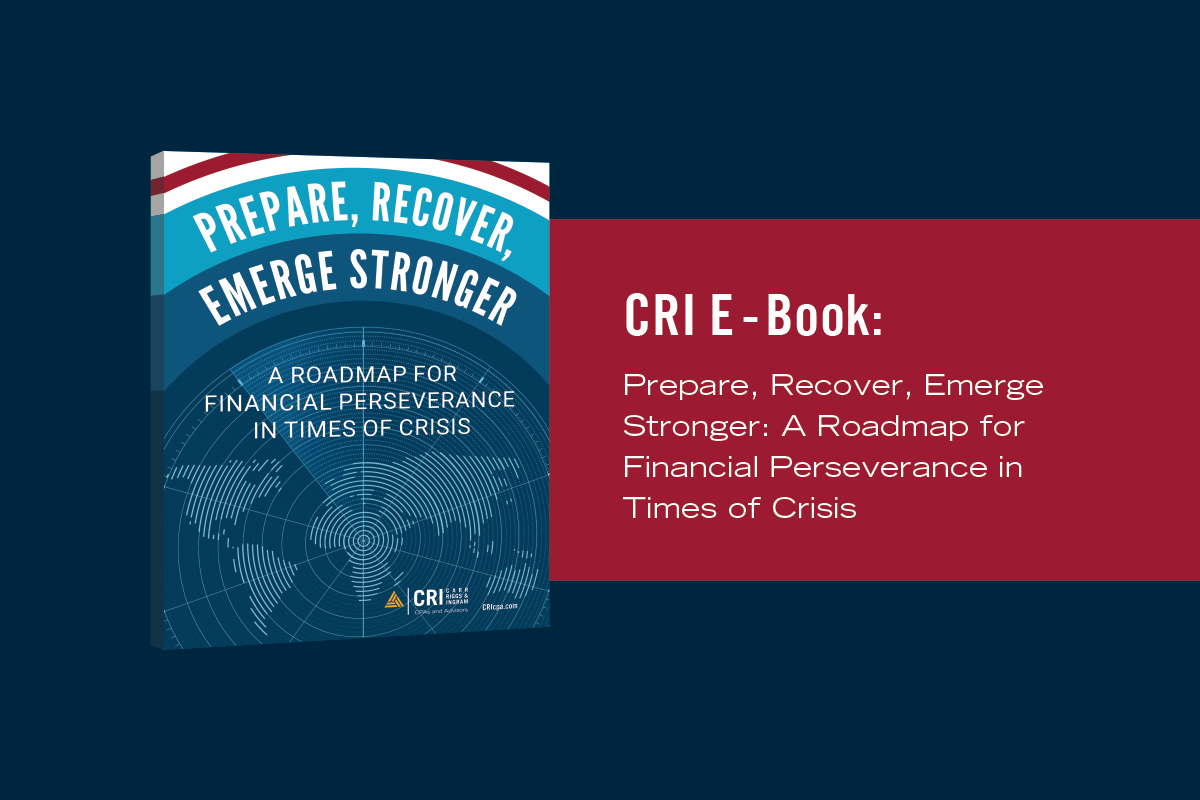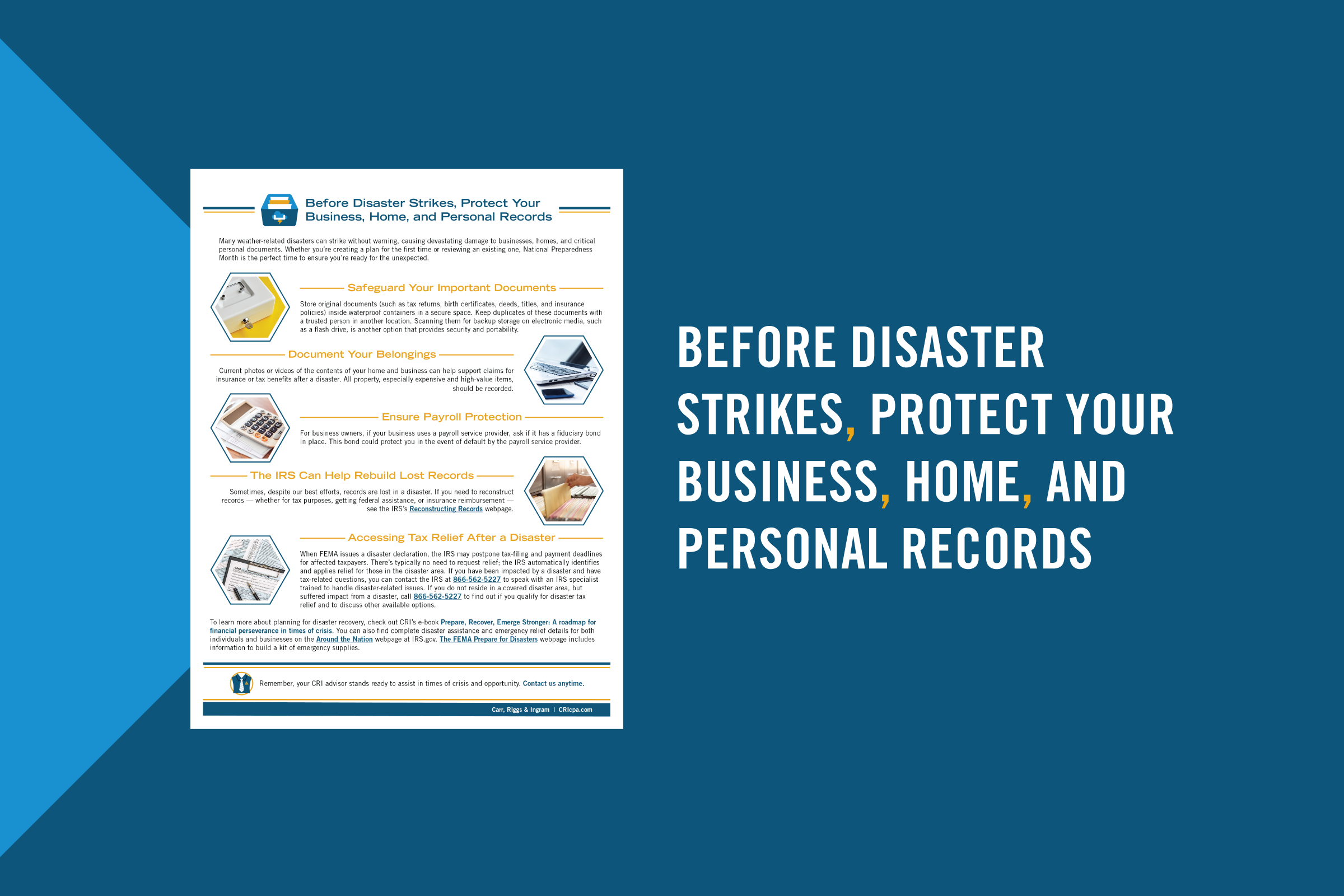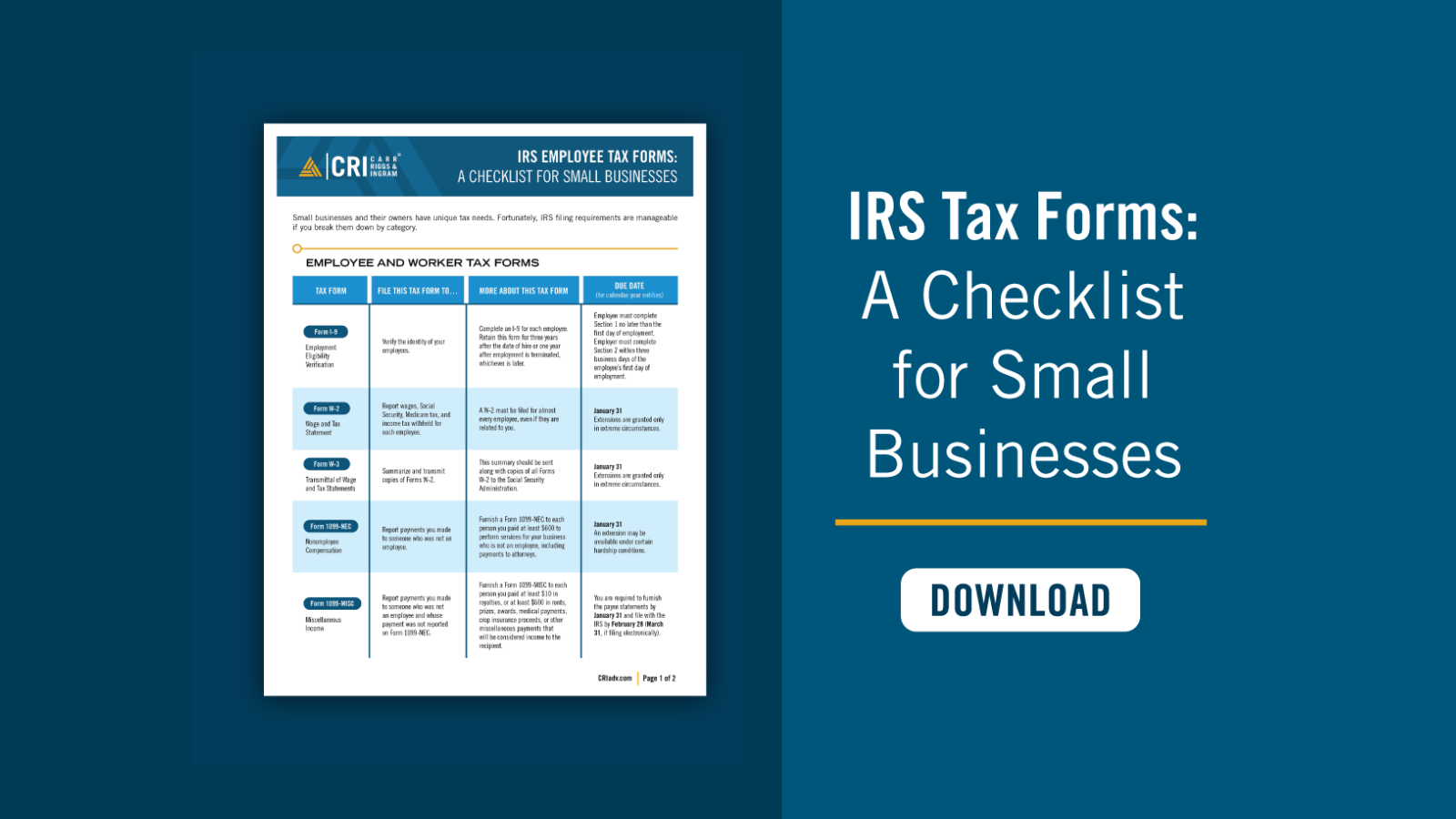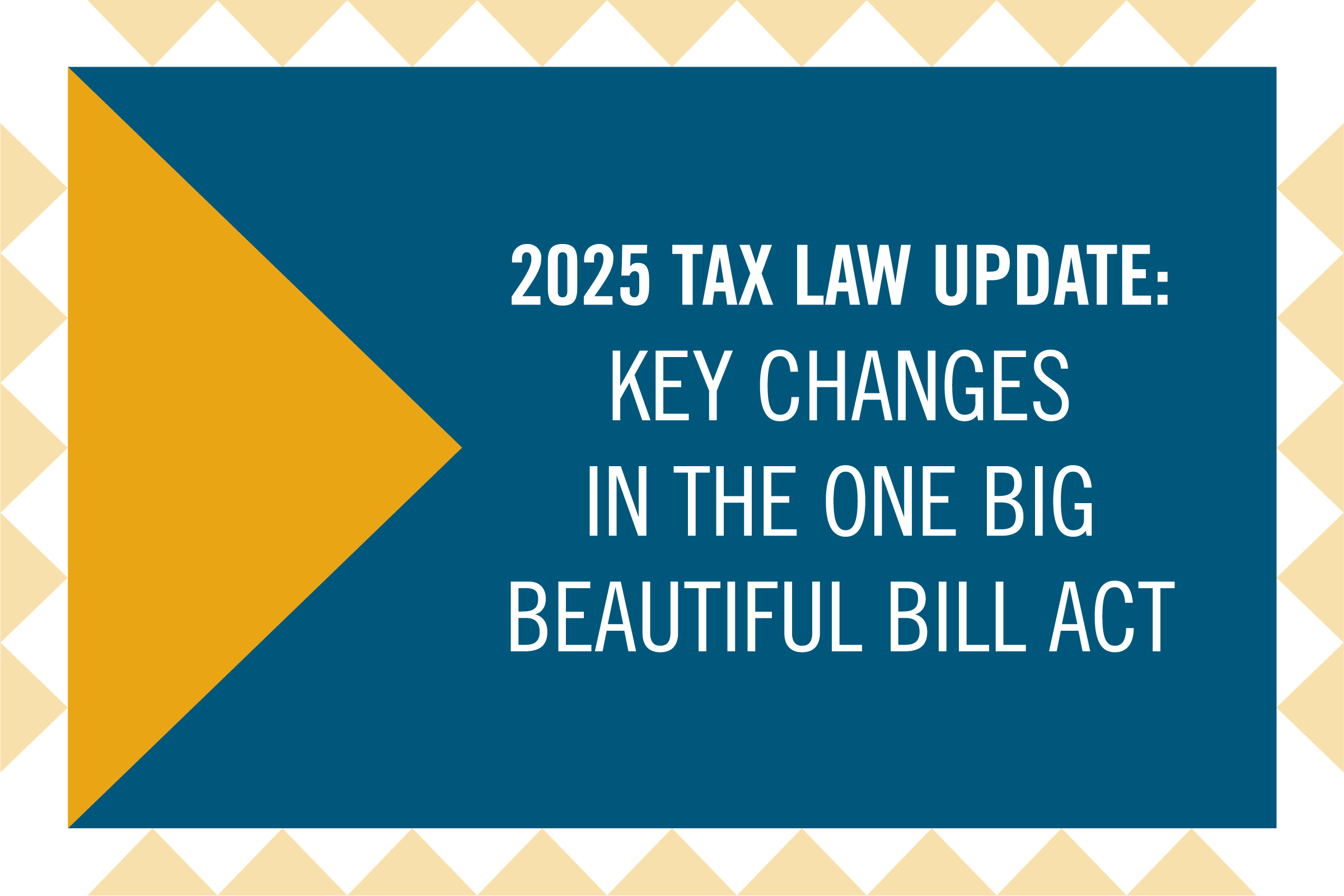Preparing for the Next Era of Innovation and Challenges in Healthcare
- Contributor
- Georgina Perry
Jun 16, 2025
Healthcare is evolving faster than ever, driven by breakthrough technologies, shifting care models, and systemic pressures. These forces are not just changing how care is delivered but how it is experienced by patients and managed by providers. Staying ahead requires more than awareness; it demands a proactive strategy.
Looking Back to Look Forward
In 2001, experts predicted a future with an increasing number of patients, rising healthcare costs, and technology playing a larger role in care delivery. They envisioned consumers taking a more active role in their health, leading to increased information overload and growing pressures on provider compensation. Two decades later, many of these predictions have proven accurate—now layered with additional complexities and heightened urgency.
Where We Are in 2025
Healthcare in 2025 stands at a crossroads. Innovation is propelling it forward, while deep-rooted challenges threaten to hold it back. Technologies such as wearable devices and artificial intelligence are already reshaping the clinical environment, enabling earlier diagnoses, personalized treatment, and continuous monitoring. Behind the scenes, administrative AI is lightening the load on providers by streamlining paperwork, scheduling, and billing.
Yet the system is under strain. The aftershocks of the COVID-19 pandemic revealed and accelerated long-standing vulnerabilities. Physician shortages—especially in rural areas—are worsening, as medical school enrollment has failed to keep pace. Hospital closures are further limiting access to care. Medicare Advantage enrollment is climbing, but prior authorizations are introducing new barriers, delaying treatment, and frustrating providers and patients alike. And with the rising number of uninsured and underinsured individuals, safety-net systems are stretched thin.
What to Expect in the Next 10 Years
With the next decade poised to deliver remarkable advances alongside deeper challenges, personalized and precision medicine will continue to gain traction. These innovations will be powered by advances in biotechnology and the growing accessibility of genomic data, enabling treatments tailored to individual patients.
Digital health tools will continue to generate vast amounts of data, thereby increasing the need for sophisticated analytics and robust data governance. Healthcare organizations must not only collect information but translate it into actionable insights. Robotics will play a larger role, supporting everything from surgeries to rehabilitation and elder care.
However, these innovations introduce new risks. Workplace violence in healthcare remains a serious concern. In 2010 alone, over 11,000 assaults were reported against healthcare and social assistance workers—a 13% increase from the previous year—with nearly 20% occurring in nursing and residential care facilities. Many more incidents likely go unreported. As such, enhanced safety protocols and support systems will be essential. Meanwhile, the sector’s increasing reliance on digital infrastructure heightens cybersecurity risks, making HIPAA compliance and data protection more vital than ever.
Looking Ahead and Beyond
By mid-century, healthcare may undergo transformations that once felt like science fiction. Advances in gene editing and regenerative medicine could offer cures for chronic conditions. Age reversal therapies may expand both lifespan and quality of life, thereby reframing our understanding of aging. And as space exploration grows, medical protocols developed for extraterrestrial environments could bring new tools to remote or underserved areas on Earth.
Automation and AI will likely become deeply integrated into nearly every facet of care—from diagnosis and treatment planning to administrative workflows and patient engagement. These shifts will prompt new models of collaboration between humans and machines, while raising critical ethical considerations about autonomy, trust, and accountability.
And while the COVID-19 pandemic has faded, its lessons remain. Future pandemics are not a question of “if” but “when.” Healthcare systems must be prepared with agile, technology-enabled infrastructures for surveillance, early detection, and rapid response.
How to Prepare Your Practice
Adapting to tomorrow’s healthcare challenges starts with practical, forward-thinking decisions today. No one can predict the future, but by taking measured, proactive steps, your practice can build resilience, efficiency, and long-term success. Below are some ways to get started:
- Assess and upgrade your technology infrastructure. Start by evaluating your technology infrastructure. Can your systems support AI-driven tools, seamless automation, and modern digital workflows? If not, it may be time for an upgrade.
- Make cybersecurity a top priority. With data breaches and ransomware attacks on the rise, safeguarding patient information is non-negotiable. From implementing multi-factor authentication to training your staff, every layer of protection matters.
- Create robust disaster recovery and workplace safety protocols. Whether you’re facing natural disasters or incidents of workplace violence, a well-prepared team makes all the difference. Make sure your emergency protocols are both thorough and practiced.
- Apply design thinking to workflows. Reimagine your workflows with a patient-first mindset. Apply design thinking to eliminate inefficiencies and enhance experiences for all stakeholders—patients, providers, and support staff.
- Adopt collaborative care tools. Leverage digital platforms that enable real-time communication, remote monitoring, and coordinated care. These tools expand access and efficiency, especially in underserved areas.
- Harness the power of data analytics. Make your data work for you. Use real-time insights to uncover trends, flag risks, and help you make smarter decisions across clinical and operational areas.
- Plan for generational transitions in your workforce. Recognize the generational shifts happening within your workforce. Different age groups approach care, technology, and teamwork in different ways. Understanding these dynamics helps build resilient and engaged teams that are ready for the future.
Position Your Practice for What’s Next
The future of healthcare won’t wait—and the practices that thrive will be those that lead the way. Whether you’re reassessing cybersecurity protocols, exploring AI-driven tools, or preparing for consolidation, a proactive approach can set your practice apart.
Now is the time to act. Contact your CRI Healthcare Advisor today to explore how we can help align your strategy, strengthen your operations, and future-proof your organization. We’re prepared to help you navigate what’s next—bringing insight, innovation, and strategic support every step of the way.








